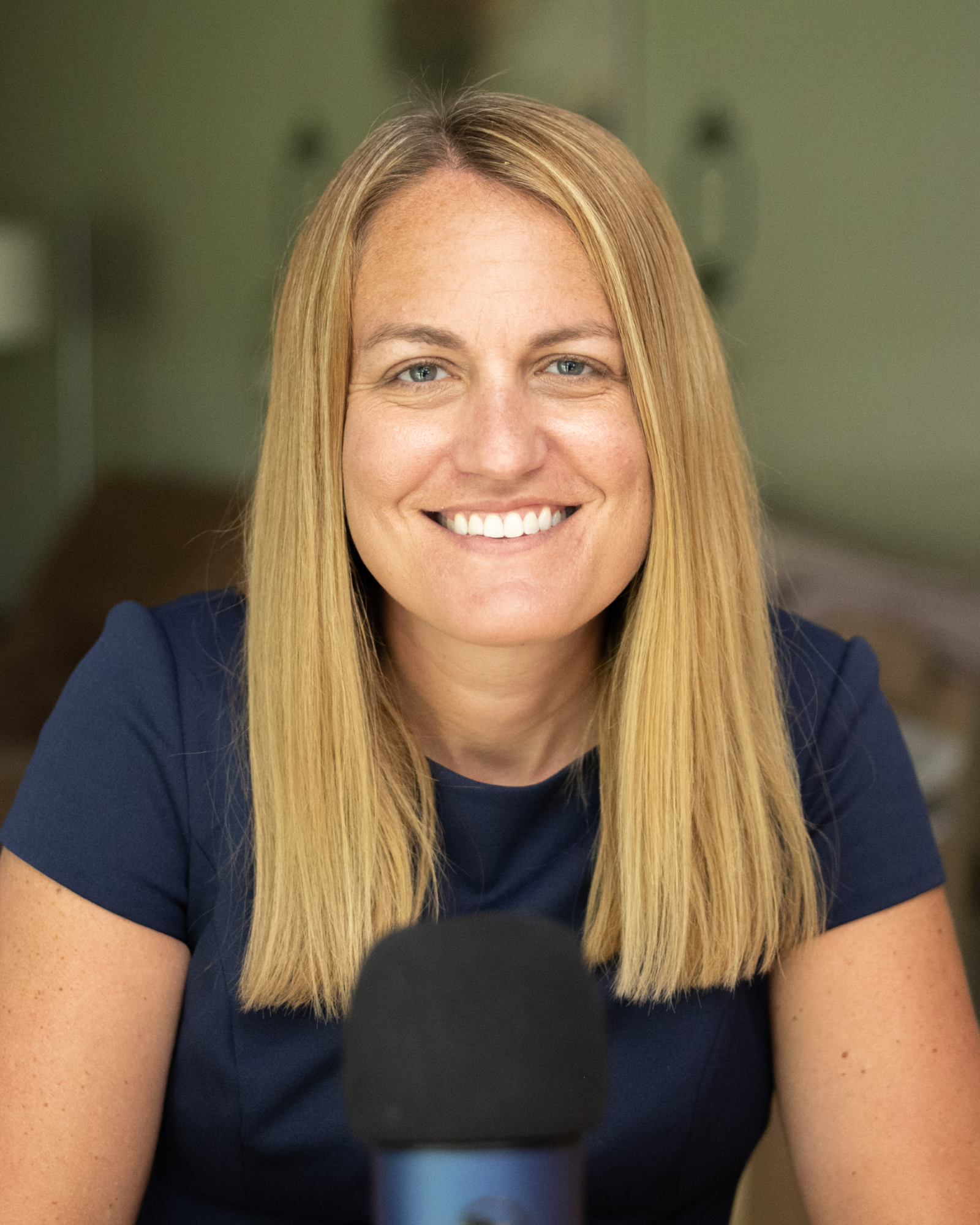Microaggression is a term coined originally coined in the 1970s to describe the subtle, everyday ways that people of color experience non-inclusive behavior. As the term has evolved, it has also been applied to other underrepresented groups – women, those with disabilities, people in the LGBTQ+ community (lesbian, gay, bisexual, transgender, or queer/questioning) and more dimensions of diversity. These behaviors are extremely common in the workplace and prevent people from doing their best work. They are often referred to as “death by a thousand cuts” or as metaphors for mosquito bites or bee stings.
The term is not without controversy. As Ruchika Tulshyan states in their article, We Need to Retire the Term “Microaggressions”, “it doesn’t fully capture the actions’ emotional and material effects or how they impact women and people of color’s career progressions. In fact, researchers found that experiencing what we know as microaggressions can be just as harmful, if not more, than more overt forms of racism.”
Consider calling microaggressions non-inclusive or exclusive behaviors instead. It emphasizes the toll it takes on marginalized folks more accurately. And, it invites accountability for behavior change.
Watch out for these common exclusionary behaviors
I often say in my allyship training, micro because it is small, aggression because it hurts. It’s really the cumulative toll of these behaviors that have a very detrimental impact on people in underrepresented groups. Regardless of what word you choose to use, make sure when using it that you emphasize how harmful and painful these behaviors are. Don’t brush them off as if it was just a small event or an honest mistake, people need to be held accountable for their non-inclusive behavior.
These exclusionary behaviors are small and harmful statements most people have said, heard, or participated in. If you are in the majority group and cannot relate to experiencing microaggressions, compare notes with women, BIPOC (Black, Indigenous, or people of color), those in the LGBTQ+ community, and those with disabilities and you will likely hear countless stories and examples.
Some common microaggressions are:
- Where are you really from?
- Stop being bossy (to a woman).
- Let me explain that to you (or you would not understand).
- Your English is so good (as if surprised).
- You don’t act like a normal (BIPOC, woman, disability, LGBTQ+) person.
- I don’t see you as a (BIPOC, woman, disability, LGBTQ+)
- Can I touch your hair?
- Is that a (BIPOC) culture thing?
- Tell us what it is like to be (BIPOC, woman, disability, LGBTQ+).
Other common exclusionary behaviors are interruptions, taking credit for someone else’s idea, or splaining to someone else. There are many flavors of splaining – mansplaining, whitesplaining, straightsplaining, and non-disabled explaining. Splaining is when the majority group explains what it’s like to be someone from an underrepresented group when they don’t have the context of those lived experiences.
Inclusive leaders don’t make assumptions
To lead inclusively, it is important not to assume you know what it’s like to be the other person or make broad assumptions based on their limited lens. You might be thinking to yourself, do people actually say these things out loud? I was teaching an unconscious bias workshop last month, and white male participants were shocked that women would be looked over for a promotion while pregnant (which is also illegal). My response – ask a woman if they can relate or have heard a story about that happening and my bet is they would confirm just how shockingly common that experience is, even in 2022.
The toll that these non-inclusive behaviors take is cumulative. One or two are easier to shrug off than three or four. And, after several, people hit a tipping point. This is known as weathering. Weathering is the aggregated impact of racism, from systemic to interpersonal, leading to premature biological aging and worse health outcomes for Black people.
When we stand by and let exclusionary behavior happen, we are bystanders. By definition, if you are not speaking up when bad things happen you are contributing to the problem.
Call people in to be better
Inclusive leadership means saying something when non-inclusive things happen on your watch. If someone says something or does something that’s not inclusive to someone when they are present, inclusive leaders take action.
Consider asking yourself these questions to mentally prepare to call someone in:
- What if I say nothing?
- Am I okay with this happening again?
- What if my child/friend did this?
By reflecting on these thought questions, you deepen your thinking and move beyond a primal emotional reaction to a more well-thought-out response. You can choose your words more carefully and practice empathy towards the person that needs help understanding why their behavior was harmful. More importantly, it signals to the people around witnessing the behavior that this is not okay. And, it creates safety for the person that’s being minimized. They feel like someone’s got their back.
Practice calling people in with these talk tracks:
- What did you mean when you said…
- I have a different perspective.
- Help me understand how we made that decision.
- What if (gender, race, ethnicity, disability, and sexual orientation) were flipped, would that still make sense?
I also like Dolly Chugh‘s advice to simply say “ouch” or “woah” to break up the conversation and quickly let people know that what they said or did is not okay. Inclusive leaders know that their actions matter. Not taking action on exclusion is the same as saying it is okay to happen again. Practice watching out for non-inclusive behavior and calling people in to be better.







